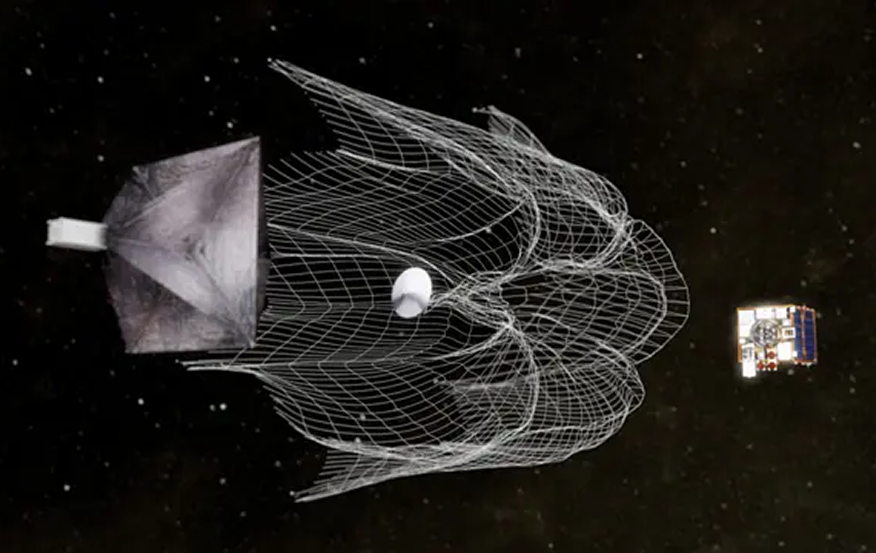Science is not just a field confined to laboratories and academic journals; it permeates every aspect of our daily lives. From the smartphones in our pockets to the energy-efficient appliances in our homes, scientific discoveries have a profound impact on the way we live, work, and interact with the world. Understanding how science shapes everyday experiences reveals not only the practical benefits of research but also the ways in which innovations continue to redefine society.
Advertising
1. Technology and Communication
One of the most visible effects of science in daily life is in communication technology. Advances in physics, materials science, and computer engineering have made smartphones, computers, and high-speed internet possible. The development of wireless communication, satellite networks, and fiber-optic technology allows people to connect globally in real time.
Artificial intelligence and machine learning, rooted in decades of scientific research, enhance communication platforms by providing real-time translation, predictive text, and smart assistants. These innovations have transformed social interaction, education, and business, making information more accessible than ever before.
2. Healthcare and Medicine
Medical science has revolutionized health and longevity. Discoveries in genetics, microbiology, and pharmacology have led to vaccines, antibiotics, and advanced diagnostic tools that prevent and treat diseases. Everyday life benefits from these innovations through improved healthcare access, better disease prevention, and personalized medicine tailored to individual genetic profiles.
Wearable devices and mobile health applications, which monitor heart rate, sleep, and physical activity, are examples of scientific progress applied in daily routines. These tools help individuals make informed health decisions, demonstrating the practical value of ongoing research.
3. Energy and Sustainability
Science plays a critical role in how we produce, consume, and conserve energy. Developments in renewable energy technologies, such as solar panels, wind turbines, and energy-efficient batteries, have enabled more sustainable lifestyles. Innovations in materials science and chemistry improve the efficiency and longevity of these technologies, allowing households and businesses to reduce environmental impact.
Moreover, scientific research informs sustainable practices in everyday life, from energy-efficient lighting and insulation to electric vehicles and smart grids. These innovations help reduce carbon emissions while making energy consumption more economical and environmentally responsible.
4. Food and Nutrition
Scientific discoveries influence the food we eat and the way we prepare it. Advances in agriculture, biology, and food chemistry have improved crop yields, enhanced nutritional content, and extended shelf life. Techniques such as genetic modification, hydroponics, and precision farming ensure that food is produced more efficiently and sustainably.
Nutrition science guides consumers in making healthier dietary choices, understanding caloric intake, and balancing nutrients. Innovations in food safety, preservation, and packaging also ensure that meals are safer and more accessible to populations worldwide.
5. Transportation and Mobility
Science has transformed how people and goods move. From internal combustion engines to electric vehicles, research in physics, engineering, and materials science has revolutionized transportation. GPS technology, derived from satellite research, allows precise navigation and route planning, while traffic optimization systems improve urban mobility.
Public transportation benefits from scientific innovations in energy efficiency, safety, and infrastructure design. Even bicycles and pedestrian systems incorporate ergonomic and material research, showing that science impacts mobility at all scales of daily life.
